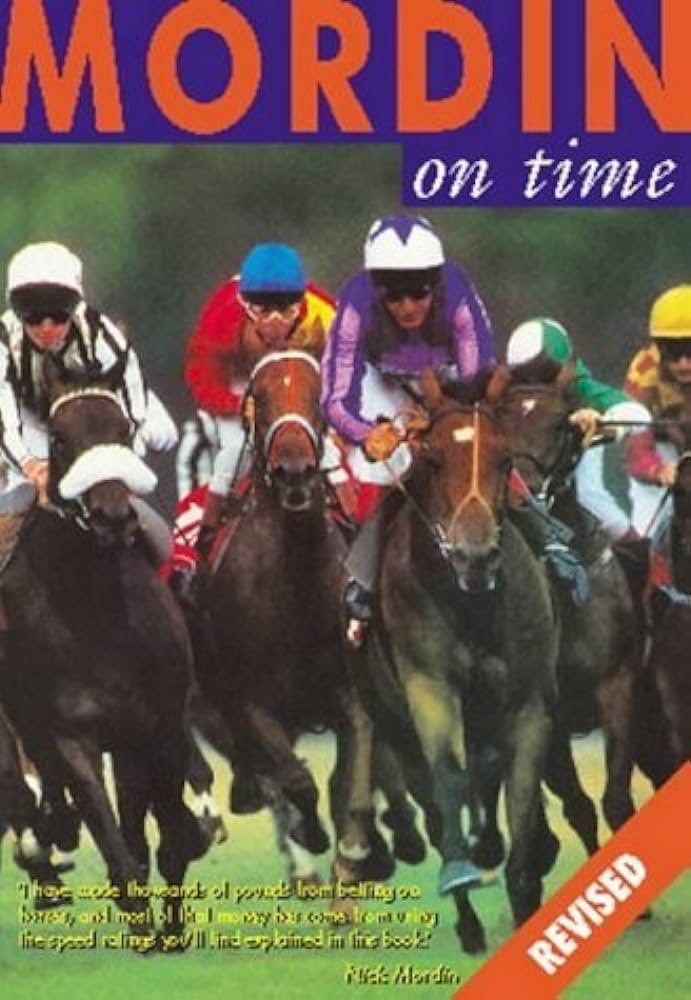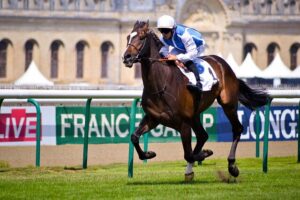Nowadays, George Duffield, who turned 76 on November 30, 2022, is assistant trainer to his second wife, Ann, at Sun Hill Farm, near Leyburn, North Yorkshire, but is best remembered for his prolific 40 plus year riding career, which yielded 2,547 winners, including two Classic winners. Born in Stanley, near Wakefield, Duffield became apprenticed to Jack Waugh at Heath House Stables in Newmarket in 1962, aged 15, and rode his first winner, Syllable, trained by Waugh at Yarmouth on June 15, 1967.
After a brief, unsatisfactory spell as stable jockey to John Oxley at Hurworth House Stables, also in Newmarket, in the early seventies, Duffield returned to Heath House Stables in 1974 to become stable jockey to Sir Mark Prescott Bt, who had taken over the licence following the retirement of Jack Waugh four years earlier. Indeed, he would remain with Prescott for the next 30 years, until he formally announced his retirement in March, 2005, aged 58, having failed to recover from a shoulder injury. All told, Duffield rode a total of 506 winners for Prescott on British soil alone, including back-to-back victories in the Group 1 Champion Stakes at Ascot on Alborada in 1998 amd 1999. Reflecting on their time together, Prescott said, ‘I still would not have any other jockey from the past 150 years ahead of him.’
Probably the best horse Duffield rode, though, was the filly User Friendly, bred and owned by Bill Gredley and trained by Clive Brittain, on whom he won six races in 1992. Those victories included the Oaks, Irish Oaks, Yorkshire Oaks and St. Leger and the daughter of Slip Anchor came within a whisker of justifying favouritism the Prix de l’Arc de Triomphe when beaten a neck by Subotica. Duffield later confessed, ‘I’m not into bold statements, I never have been, but I made one then and told Bill Gredley she’d win the Leger.’
 I’m pretty sure Nick Mordin has always been a punctual kind of man.
I’m pretty sure Nick Mordin has always been a punctual kind of man. Raised in Killarney, Co. Kerry, Oisin Murphy is the nephew of Cheltenham Gold Cup winning jockey Jim Culloty. A graduate from the pony racing circuit, he became apprenticed to Andrew Balding in October, 2012, at the age of 17. In his first full season, Murphy rode 41 winners, including a four-timer on Ayr Gold Cup Day, which brought him to the attention of the wider racing public.
Raised in Killarney, Co. Kerry, Oisin Murphy is the nephew of Cheltenham Gold Cup winning jockey Jim Culloty. A graduate from the pony racing circuit, he became apprenticed to Andrew Balding in October, 2012, at the age of 17. In his first full season, Murphy rode 41 winners, including a four-timer on Ayr Gold Cup Day, which brought him to the attention of the wider racing public.